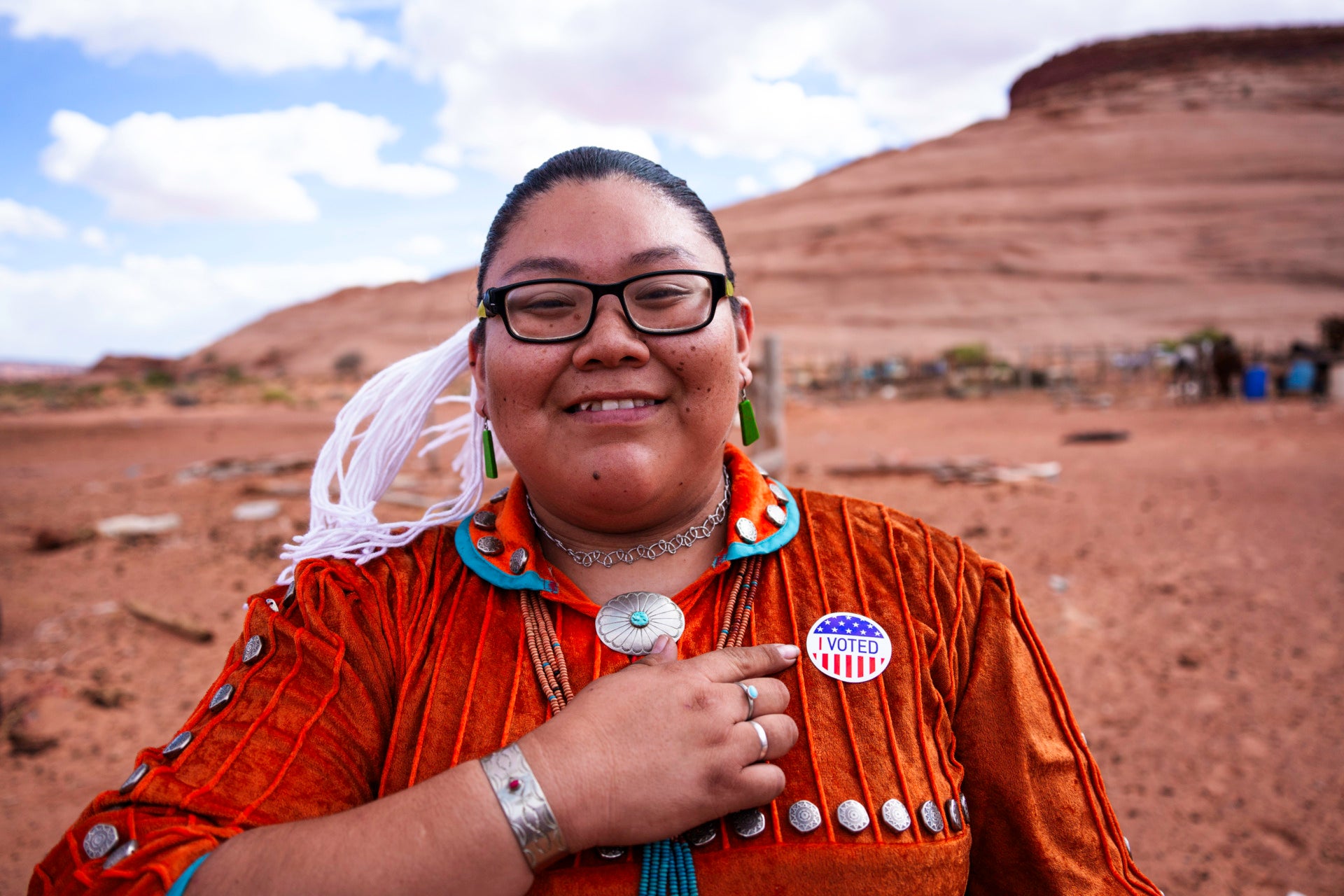What Every American Should Know (WEASK), an initiative of the Aspen Institute’s Program on Citizenship and American Identity (CAI) was started in 2014 in order to elevate a diverse range of perspectives as essential to constructing our American identity and advance civic life. WEASK does so by inviting all people to respond to the simple question: What do you think every American should know? Since its founding, WEASK has crowdsourced countless terms from across the country, representing a wide range of experiences, in order to build a common knowledge and sense of cultural literacy that is radically diverse and inclusive. The aggregate of those responses is reflected below.
- The U.S. Constitution
- Slavery
- September 11th
- Immigration to the United States
- Martin Luther King, Jr.
- The Declaration of Independence
- Suffragettes
- The U.S. Civil War
- The Civil Rights Movement
- White privilege
Last May we told you about an innovative new partnership between Chicago Public Schools and CAI, with the purpose is to elevate young people’s perspectives, beliefs, and values as vital to our national conversation of civic purpose. Young people, all too often left out of civic life, have unique assets, gifts and experiences to bring to bear to advance the health of our democracy. They offer a critical perspective when we consider our collective civic identity.
Since that time, 16,000 CPS students in Participate Civics classrooms across Chicago spent their year developing critical knowledge and skills necessary for active and engaged participation in our democracy, grounded in their lived experiences and identity. They interrogated questions of Who has power in our democracy? Why do they have it? How do they use it? And importantly, How can I exercise power by participating in our democracy? Students gave thousands of specific answers of what they think every person should know to be civically powerful and culturally literate as each submitted their top-ten list. Those were then grouped by theme into a crowdsourced answer. Here’s what they said:
- It’s important for every American to know about race and racism.
- It’s important for every American to know about your civil, political and social rights.
- It’s important for every American to know about elections and how they work.
- It’s important for every American to know about immigration.
- It’s important for every American to know about the criminal justice system.
- It’s important for every American to know about structures and systems in our government.
- It’s important for every American to know financial literacy.
- It’s important for every American to know about participatory politics.
As their responses indicate, Chicago students are making sense of our collective civic identity and purpose by looking beyond knowledge alone to skills, dispositions and means of engagement that are critical to navigating civic life today. They offer us an opportunity to reflect on the question of what everyone should know by truly considering their responses. What can we learn about and from Chicago’s youth? What lived and learning experiences might these students have had to inform their thinking? What can and should we learn about our collective civic identity by reflecting on the two lists included above? And finally, what can we learn about ourselves by honestly reflecting on how we make meaning of the very question of what every American should know?
We will continue to amplify the voices of Chicago students over the next year in this blog series, hearing directly from them about the terms they identified. CAI and CPS will also continue to invite Participate Civics student submissions throughout the 2019-2020 school year. As more ideas are shared, we will see this living list grow and change to reflect the collective thinking of Chicago’s youth. As we make space for more voices in our democracy, our civic identity gets richer, stronger and more honest. Join the conversation — what’s on your list?


